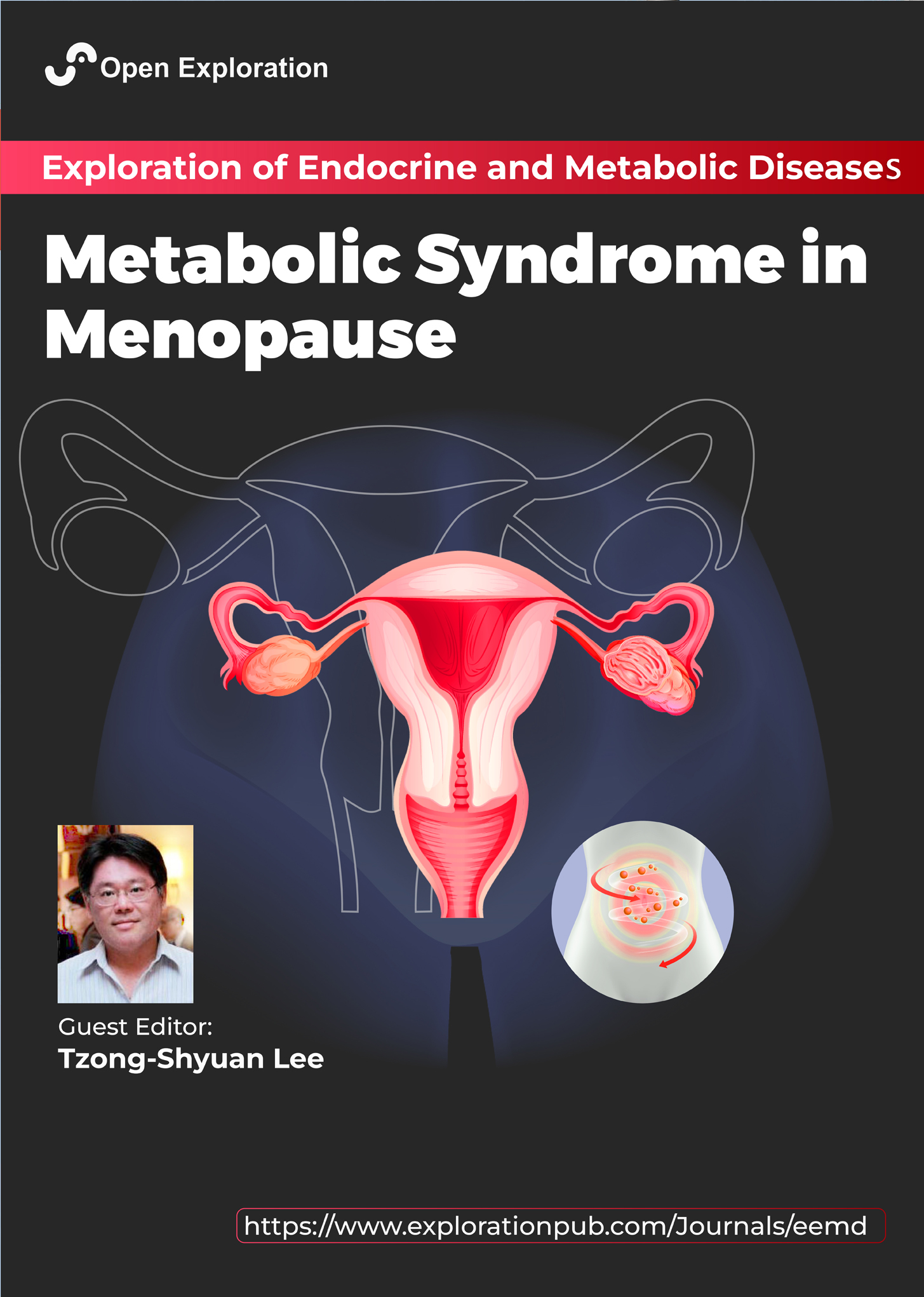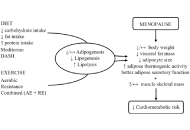
Metabolic Syndrome in Menopause
Guest Editor
Tzong-Shyuan Lee E-Mail
Professor, Graduate Institute and Department of Physiology, College of Medicine, National Taiwan University, Taipei, Taiwan, China.
Research Keywords: cholesterol metabolism; physiology of endothelial cells and macrophages; cardiovascular disease; Alzheimer's disease; fatty liver disease; inflammatory disease
About the Special lssue
Menopause is the period in a woman's life when she no longer has menstruation and permanently loses her fertility. The symptoms of menopause include irregular menstrual cycles, hot flashes, mood swings, sleep disturbances, decreased libido, weight gain and bloating, skin dryness, memory lapses, and osteoporosis. Loss of estrogen during menopause is known to cause changes in body fat distribution and lipid metabolism, bone metabolism, and hormone homeostasis, leading to fat accumulating around the abdomen rather than hips and thighs. This visceral adiposity is highly associated with metabolic diseases, including obesity, insulin resistance, fatty liver disease, hypertension, hyperlipidemia, atherosclerosis, and osteoporosis. However, the cellular and molecular mechanisms underlying the pathogenesis of estrogen deficiency-induced metabolic disorders are not fully understood. Currently, there are still no effective treatment strategies for menopause-related metabolic diseases. Unraveling the mechanisms underlying estrogen deficiency-induced metabolic disorders will help develop new therapeutic strategies for the prevention and treatment of menopause-related metabolic diseases. To this end, we sincerely invite researchers to contribute their research works to the Special Issue, entitled "Metabolic Syndrome in Menopause", which aims to provide a research platform for the collection of original research articles and the latest reviews that cover all aspects of estrogen deficiency-induced metabolic diseases.
Keywords: menopause; estrogen; metabolic syndrome; obesity; insulin resistance; hypertension; hyperlipidemia; osteoporosis
Published Articles
